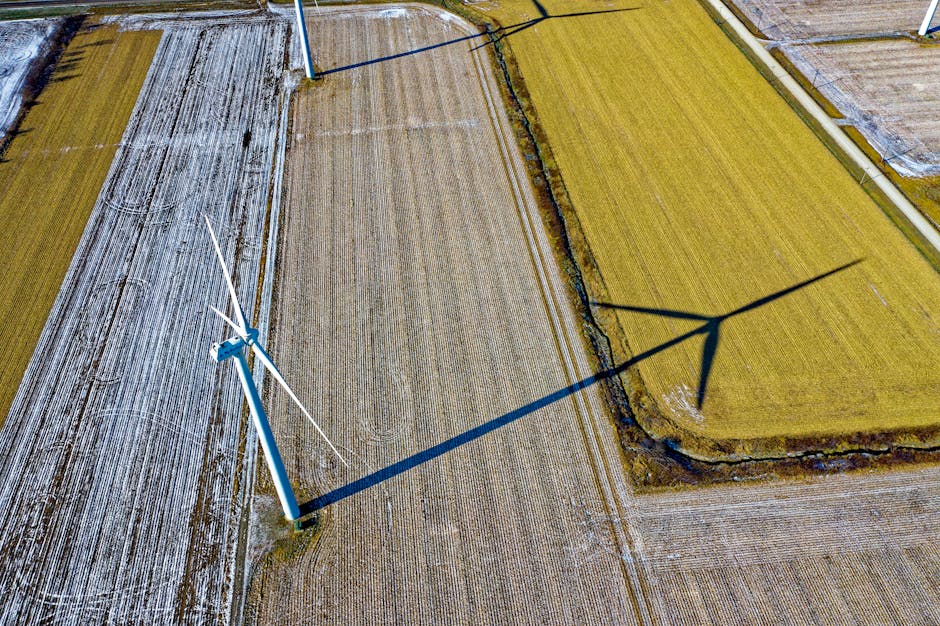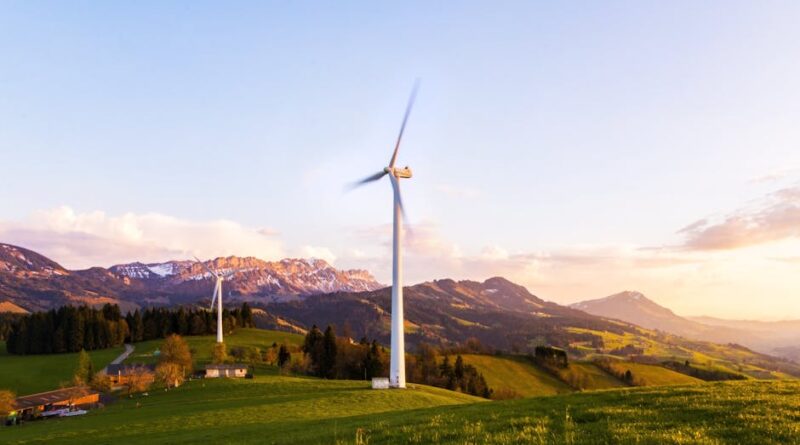Sustainable Production Models: A Comprehensive Guide
Welcome to the world of sustainable production models, where innovation, efficiency, and environmental consciousness intersect to shape the future of manufacturing. In a time where climate change and resource depletion are major concerns, the need for sustainable practices in production has never been greater. From reducing waste and energy consumption to promoting ethical sourcing and fair labor practices, sustainable production models offer a holistic approach to meeting the needs of today without compromising the needs of tomorrow.
The Evolution of Sustainable Production

Early production methods focused primarily on maximizing output at all costs, often leading to environmental degradation and social injustices. However, as awareness of these issues grew, so did the demand for more sustainable alternatives. The concept of sustainable production models emerged as a response to these challenges, aiming to create a balance between economic prosperity, social equity, and environmental stewardship.
One of the key principles of sustainable production is the concept of the “triple bottom line,” which focuses on measuring success not only in terms of profit but also in social and environmental impact. This shift in perspective has led to the development of innovative approaches and technologies that are reshaping the way we produce goods and services.
Key Principles of Sustainable Production

At the core of sustainable production models are several key principles that guide decision-making and implementation. These principles include:
Resource Efficiency
Resource efficiency is a fundamental aspect of sustainable production, emphasizing the need to maximize the use of materials and energy while minimizing waste. By adopting practices such as recycling, reusing, and reducing, companies can lower their environmental footprint and increase their overall efficiency.
Renewable Energy
Another important aspect of sustainable production is the use of renewable energy sources such as solar, wind, and hydroelectric power. By transitioning away from fossil fuels and towards clean energy alternatives, companies can reduce their carbon emissions and contribute to a more sustainable future.
Supply Chain Transparency
Supply chain transparency is essential for ensuring that products are ethically sourced and produced. By tracing the origins of materials and labor, companies can identify and address any potential issues such as child labor, deforestation, or pollution.
Circular Economy
The concept of a circular economy promotes the idea of keeping resources in use for as long as possible through recycling and upcycling. By closing the loop on production processes, companies can minimize waste and maximize the value of their products.
Real-world Examples of Sustainable Production

Many companies across various industries have embraced sustainable production models and are leading the way in driving positive change. For example, Patagonia, a renowned outdoor clothing company, is committed to using recycled materials and fair trade practices in its production processes. By prioritizing sustainability over profit, Patagonia has built a loyal customer base and a strong reputation for ethical business practices.
Another notable example is Interface, a global carpet manufacturer that has implemented a “Mission Zero” initiative to achieve zero environmental impact by 2020. Through innovative design and production techniques, Interface has significantly reduced its carbon emissions and waste generation while promoting sustainable practices throughout its supply chain.
The Future of Sustainable Production

As the demand for sustainable products continues to grow, so does the need for more innovative and efficient production methods. Emerging technologies such as 3D printing, artificial intelligence, and the Internet of Things are revolutionizing the way goods are manufactured, offering new opportunities for sustainability and efficiency.
Additionally, collaborations between industry leaders, governments, and NGOs are driving the development of global standards and certifications for sustainable production. Initiatives such as the Sustainable Apparel Coalition and the Roundtable on Sustainable Palm Oil are working to ensure that companies adhere to best practices and transparent reporting in their production processes.
Common Misconceptions About Sustainable Production Models
Despite the benefits of sustainable production models, there are still some common misconceptions that can hinder their adoption. One of the most prevalent myths is that sustainable production is too costly and not financially viable for businesses. In reality, many sustainable practices can lead to cost savings in the long run through increased efficiency and reduced waste.
Another misconception is that sustainable production is only relevant for certain industries or products. In truth, any company can benefit from implementing sustainable practices, regardless of their size or sector. By prioritizing sustainability, businesses can not only reduce their environmental impact but also attract a growing number of environmentally conscious consumers.
Conclusion: Embracing Sustainability in Production
In conclusion, sustainable production models offer a pathway towards a more environmentally friendly, socially responsible, and economically viable future. By prioritizing resource efficiency, renewable energy, supply chain transparency, and a circular economy, companies can reduce their environmental footprint while creating value for society at large. As we continue to innovate and evolve, it is essential that we embrace sustainability in production and strive for a more sustainable world for generations to come.
To wrap things up, sustainable production models represent a fundamental shift in the way we produce goods and services, emphasizing the importance of balancing profit with social and environmental impact. By adopting sustainable practices and collaborating with stakeholders, companies can drive positive change and create a more sustainable future for all.




